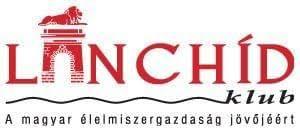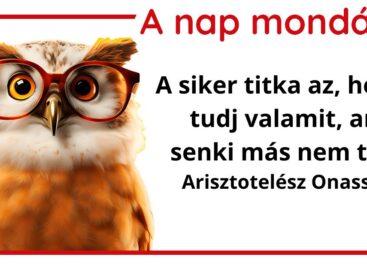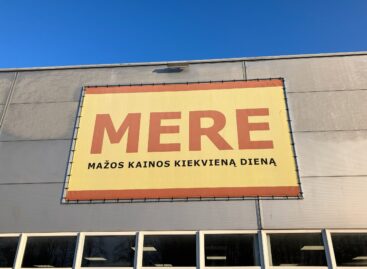Why are we paying more for our morning dose of caffeine?
I doubt that many of us can start an average day without a nice cup of coffee, but lately, this habit has been costing us more and more.

This article is available for reading in Trade magazin 2025/5.
The influence of climate change and inflation

Guest writer:
Péter Noszek
managing director
Nestlé Hungária,
member of the board
Lánchíd Klub
Climate change is a key issue in coffee production and in recent months coffee companies have faced record high prices. The prices hike is related to a drop in production, as bad weather hit Brazil and Vietnam in 2024 – the main coffee growing areas for the Arabica and Robusta varieties. Rising temperatures and unpredictable rainfall are reducing yields, particularly for Arabica, leading to lower quality and a shift in growing zones. Climate change has also accelerated the spreading of various plant diseases. As the climate crisis continues, coffee has become more expensive: the average commodity exchange price of Arabica used to be USD 170/pound back in 2023 but it sold for USD 373/pound on 17 April 2025. Robusta was quoted at USD 2,386 and USD 5,277 per tonne over the same period.
Other negative effects and new varieties
Several other factors are also affecting production, for instance rising costs and labour shortages. It is important to mention growing demand as a price driver. In Asia – especially in China and India – coffee consumption is becoming more popular, which is driving up prices in line with the decline in production. One solution to achieve more sustainable coffee production is to increase the use of more resilient coffee varieties. For example Nestlé has integrated “bred” coffee varieties into its global coffee supply chain. Regenerative agriculture is also being discussed in connection with the future of coffee production. All in all, climate change remains crucial for coffee farmers, and if the sector wants to survive the crisis, both manufacturers and consumers must be prepared to pay more for coffee. //
Related news
0.5 percent of Hungarian GDP is related to Nestlé’s domestic operations
🎧 Hallgasd a cikket: Lejátszás Szünet Folytatás Leállítás Nyelv: Auto…
Read more >Related news
(HU) A nap mondása
🎧 Hallgasd a cikket: Lejátszás Szünet Folytatás Leállítás Nyelv: Auto…
Read more >









